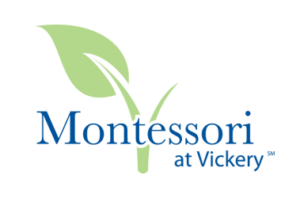The First Plane of Development: What
Today, we continue our series on the Montessori Planes of Development with a look at the first plane, spanning from birth to age six.
The first plane can best be described as a time of exploration. As Gretchen Hall, Director of Training at the Montessori Training Center of New England, points out in her 2011 article How Science Fits Into the Whole Montessori Curriculum (The NAMTA Journal, Vol. 36, No. 1, Winter 2011), developmental psychologists have called the infant the “the scientist in the crib.” As a child comes closer to the primary level (2.5–6 years), the need for psychological clarity and order develops. Children at this age are natural explorers who enjoy learning what. Their primary focus is on developing and testing how the world works.
Hall notes that modern science confirms what Montessori discovered over 100 years ago: the child from birth to six has extraordinary intellectual powers given to help in the task of creation. Montessori believed children have an absorbent mind and go through sensitive periods that are optimal times for learning. During the first plane, children have a love for the natural world, refining their skills through coordination activities that aid in the development of concentration. Independence becomes a priority, and they develop a keen sense of order.
Other posts in this series:
The Planes of Development: Developing the Joy of Learning
The Third Plane of Development: How Can I Apply What I Know?


